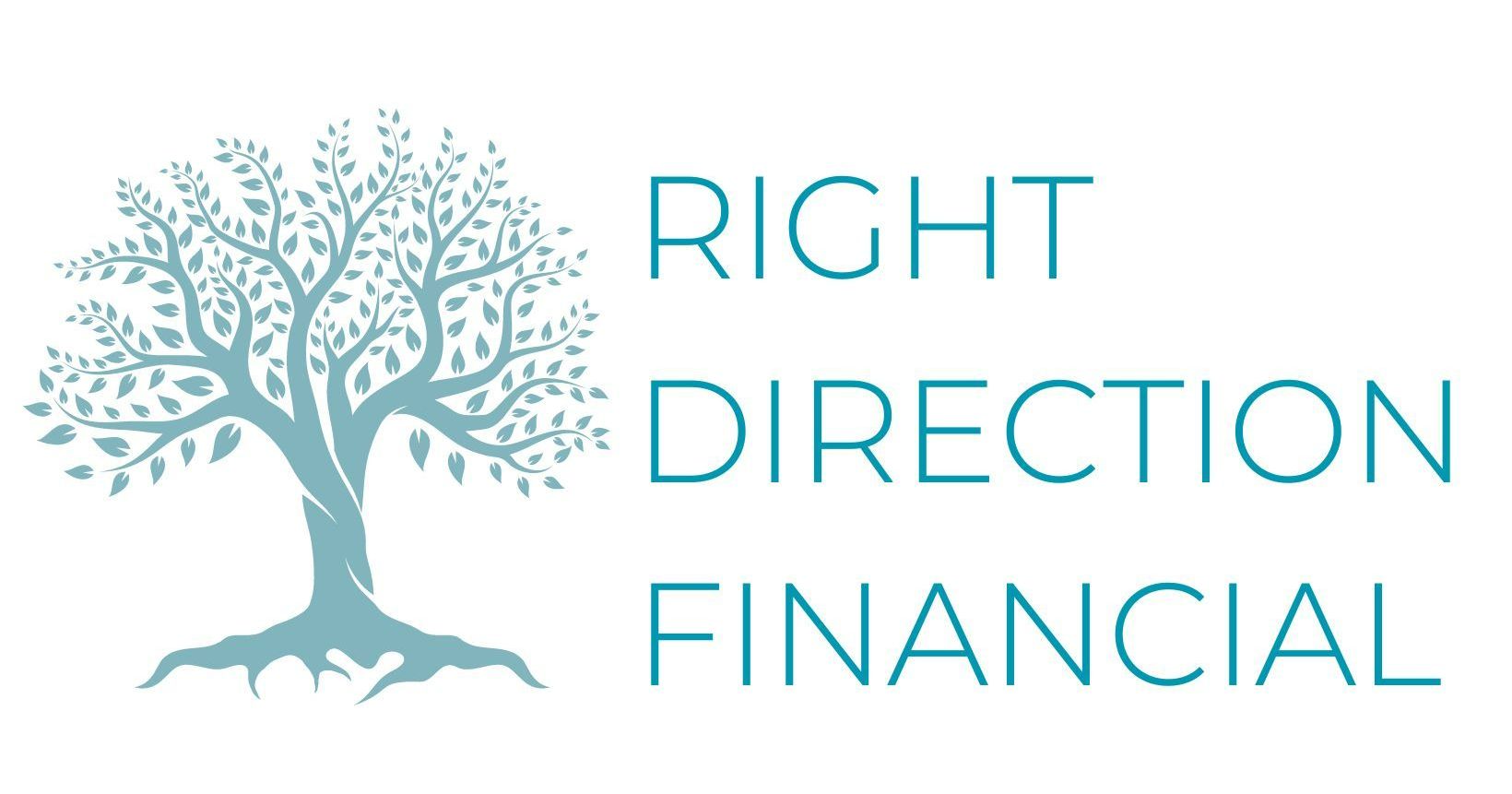Someone just asked if you’ll be their executor.
It may be considered an honor to be ask, but think it through first. It can be a lot of work!
1. You don’t have to say yes.
Being an executor is a big job. If you don’t feel able to take it on—due to time, distance, or personal reasons—it’s okay to decline.
2. You need the original will.
Make sure you know where the original signed will is kept. Without it, you can’t start your duties.
3. Probate may be required.
Probate is the court process that confirms your authority as executor. Whether it’s needed depends on the estate’s size and assets.
4. You must protect the estate right away.
This could mean securing the home, notifying banks, or cancelling credit cards to prevent fraud or misuse.
5. You are personally responsible.
As executor, you have a legal duty to act in the best interests of the estate and beneficiaries. If mistakes are made, you could be held liable.
6. Taxes are unavoidable.
You must file the deceased’s final tax return—and sometimes returns for the estate itself—before distributing assets.
7. Creditors come before beneficiaries.
Debts, taxes, and expenses must be paid before money or property is given to heirs.
8. Keep detailed records.
You’ll need to track all estate income, expenses, and distributions. Beneficiaries have the right to see this accounting.
9. You can (and should) get help.
Executors often hire lawyers, accountants, and financial advisors. Their fees are paid from the estate. And there are professional trust companies and lawyers that will be executors.
10. It takes time.
Even a simple estate can take months to settle; more complex ones can take years. Patience—and clear communication with beneficiaries—is essential.
Source: www.canada.ca


















